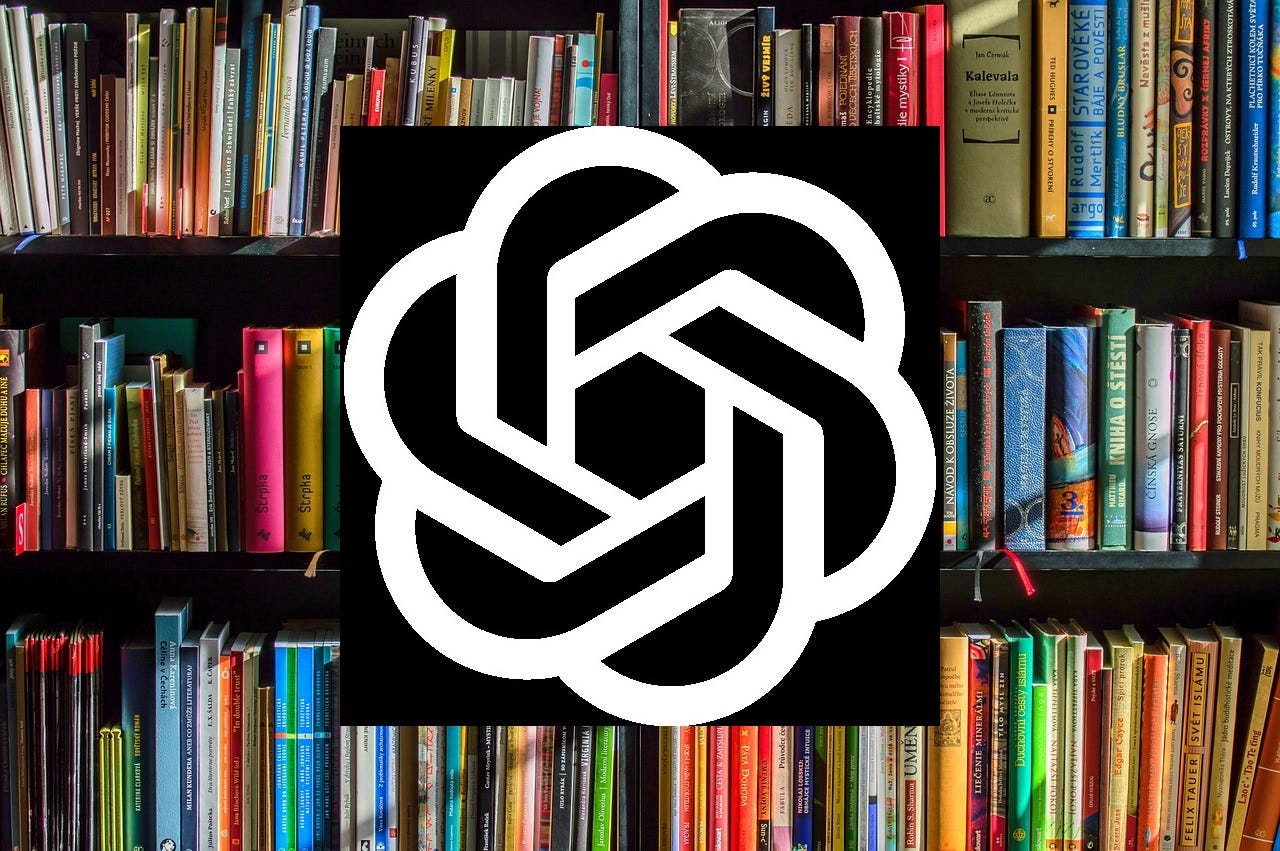The Authors Guild Class Action Lawsuit Against OpenAI
A quick look at an important copyright case against OpenAI

The Authors Guild – the oldest and largest organization for writers in the US - is behind a recent class action lawsuit against OpenAI filed in New York District Court on September 19. The lawsuit is joined by some of the world's most renowned novelists, including Games of Thrones-author, George R.R. Martin, th…



